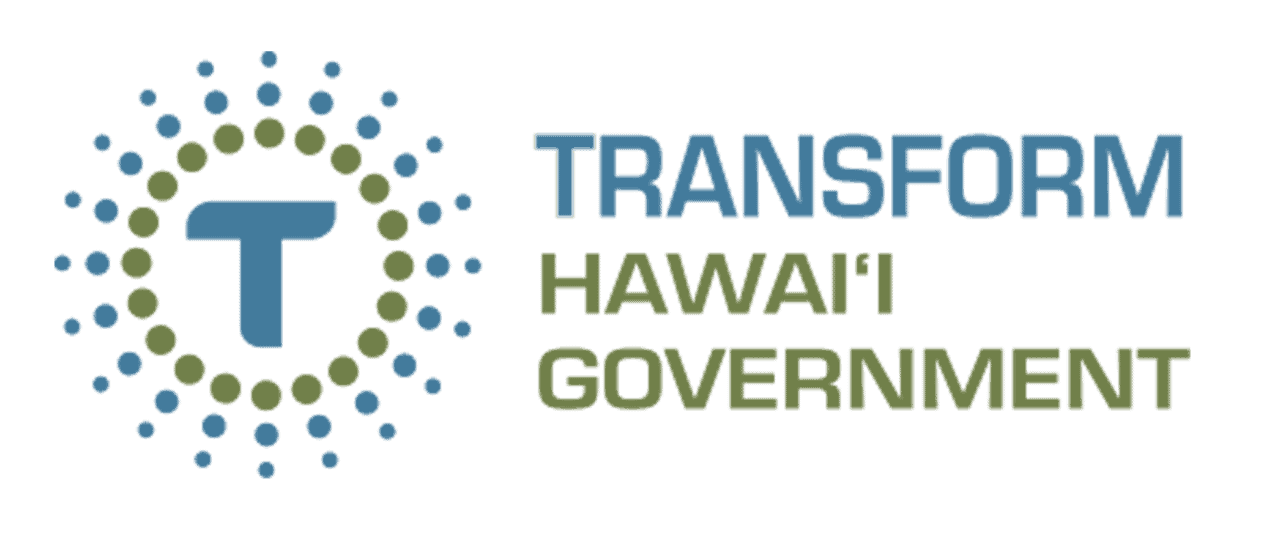Quality data is essential for Hawaii’s government, business and nonprofit leaders to provide meaningful input or make informed decisions on policies, programs and budget allocations. Without data, leaders cannot confidently make effective decisions and know whether their decisions achieved the intended results. Data influences multiple areas that are important to Hawaii residents. Data informs us about affordable housing needs, education, energy, health, investment in our state infrastructure, support for small businesses and nonprofit organizations, and so many other areas.
Data is a Strategic Asset
According to the Deloitte Center for Government Insights, governments collect or have access to vast amounts of data on everything from healthcare, housing, and education. This data is a valuable strategic asset because it can influence program outcomes and public policies. There is a need for data governance, data strategy, data ethics, and the need for integration with private data sets while upholding privacy and security. This is especially important as new digital technologies become more prevalent.
Facilitate Data Sharing
Chief Data Officers (CDOs break down barriers that inhibit data sharing to support the strategic goals of government agencies and policy makers. Agency analysts and program staff are constantly trying to access data. CDOs remove bottlenecks and provide clear and predictable access to data, while also ensuring safeguards that are necessary to protect sensitive data.
THG’s Track Record of IT Support
Over the past decade, THG has been a strong proponent of improving IT infrastructure and governance. THG invested $1 million to create the state’s first comprehensive IT plan and subsequent updates, and provided funding to establish the first Chief Information Officer.
Chief Data Officer: A Strategic Leadership Role
With the growing recognition of the need to pay closer attention to value of data, Hawaii is now establishing a new position: CDO, a strategic leadership role dedicated to developing, implementing, and managing statewide data policies, procedures, and standards. Hawaii will benefit from integrated data that can be translated into valuable information. Government, private-sector and nonprofit leaders will all benefit from these services and be on par with the 25 other states that currently have a CDO or a comparable position.
Types of CDOs
According to the Beeck Center for Social Impact + Innovation, there are two types of CDOs. A strategic CDO is well suited for states that do not have centralized IT systems or robust data sharing infrastructure, while an operational CDO is ideal for a centralized IT organization. THG believes that first establishing a strategic CDO is important and the CDO should be a partner with the state CIO to move Hawaii forward.

